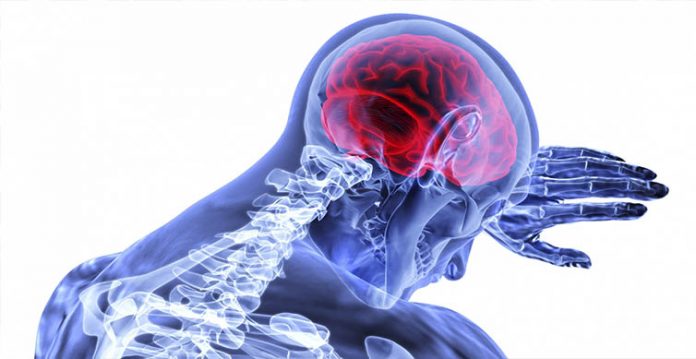A study conducted by US scientists investigated the connection between neuron movement and bloodstream deep in the brain, just as how the cerebrum is impacted by salt utilization, bringing about cognitive decline like Alzheimer’s.
Neurons Get Triggered By Salt
The group from the Georgia State University focused on the hypothalamus – a profound mind locale associated with basic body capacities including drinking, eating, internal heat level guideline and multiplication.
The review, submitted in the journal Cell Reports, inspected how bloodstream to the hypothalamus changes because of salt admission.
As per Javier Stern, educator of neuroscience at the varsity, when individuals ingest pungent food, the mind detects it and enacts neurons that trigger the arrival of vasopressin – an antidiuretic chemical that assumes a critical part in keeping up with the appropriate grouping of salt in the body.
ALSO READ: UK Scientists Create “Mini Brains” To Study Dementia, Loss of Motion
In any case, as opposed to past investigations that have noticed a positive connection between neuron movement and expanded bloodstream, the new review showed a reduction in bloodstream as the neurons became initiated in the hypothalamus.
“The discoveries overwhelmed us since we saw vasoconstriction, which is something contrary to what a great many people depicted in the cortex because of a tactile improvement,” said Stern.
“Decreased blood stream is regularly seen in the cortex on account of infections like Alzheimer’s or after a stroke or ischemia.”
The group named the peculiarity “opposite neurovascular coupling”, or a decline in blood stream that produces hypoxia – absence of oxygen. They likewise noticed different contrasts: In the cortex, vascular reactions to boosts are extremely limited and the widening happens quickly.
Reaction Diffuses And Occurs Gradually
However, in the hypothalamus, the reaction was diffuse and occurred gradually, throughout an extensive stretch of time.
“At the point when we eat a ton of salt, our sodium levels stay raised for quite a while,” said Stern. “We accept the hypoxia is an instrument that reinforces the neurons’ capacity to react to the supported salt incitement, permitting them to stay dynamic for a delayed period.”
The discoveries bring up intriguing issues concerning what hypertension might mean for the mind. Somewhere in the range of 50 and 60 percent of hypertension is accepted to be salt-subordinate – set off by abundance salt utilization.
“In the event that you persistently ingest a ton of salt, you’ll have hyperactivation of vasopressin neurons. This system would then be able to incite unreasonable hypoxia, which could prompt tissue harm in the cerebrum,” said Stern.
“If we can more readily comprehend this interaction, we can devise novel focuses to stop this hypoxia-subordinate initiation and maybe work on the results of individuals with salt-subordinate hypertension,” he noted.
(This story has been sourced from a third-party syndicated feed, agencies. Raavi Media accepts no responsibility or liability for the dependability, trustworthiness, reliability, and data of the text. Raavi Media management/ythisnews.com reserves the sole right to alter, delete or remove (without notice) the content at its absolute discretion for any reason whatsoever.)


